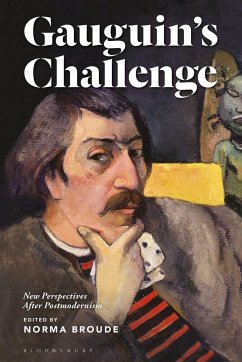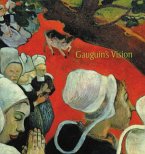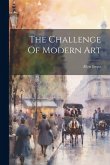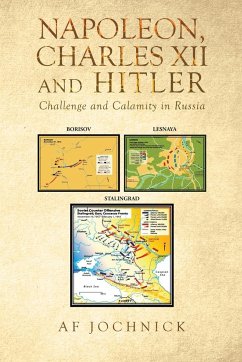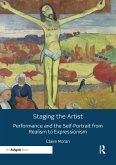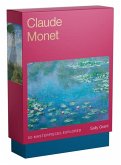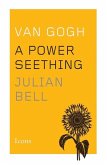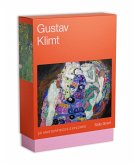Several decades have now passed since postcolonial and feminist critiques presented the art-historical world with a demythologized Paul Gauguin (1848-1903), a much-diminished image of the artist/hero who had once been universally admired as "the father of modernist primitivism." In this volume, both long-established and more recent Gauguin scholars offer a provocative picture of the evolution of Gauguin scholarship in the recent postmodern era, as they confront and consider how the dismantling of the longstanding Gauguin myth positions us now in the 21st century to deal with and assess the life, work, and legacy of this still perennially popular artist. To reassess the challenges that Gauguin faced in his own day as well as those that he continues to present to current and future scholarship, they explore the multiple contexts that influenced Gauguin's thought and behavior as well as his art and incorporate a variety of interdisciplinary approaches, from anthropology, philosophy, and the history of science to gender studies and the study of Pacific cultural history. Dealing with a wide range of Gauguin's production, they challenge conventional art-historical thinking, highlight transnational perspectives, and offer clues to the direction of future scholarship, as audiences worldwide seek to make multicultural peace with Gauguin and his art. Broude has raised the bar of Gauguin scholarship ever higher in this groundbreaking volume, which will be necessary reading for students and scholars of art history, late 19th-century French and Pacific culture, gender studies, and beyond.
Bitte wählen Sie Ihr Anliegen aus.
Rechnungen
Retourenschein anfordern
Bestellstatus
Storno

